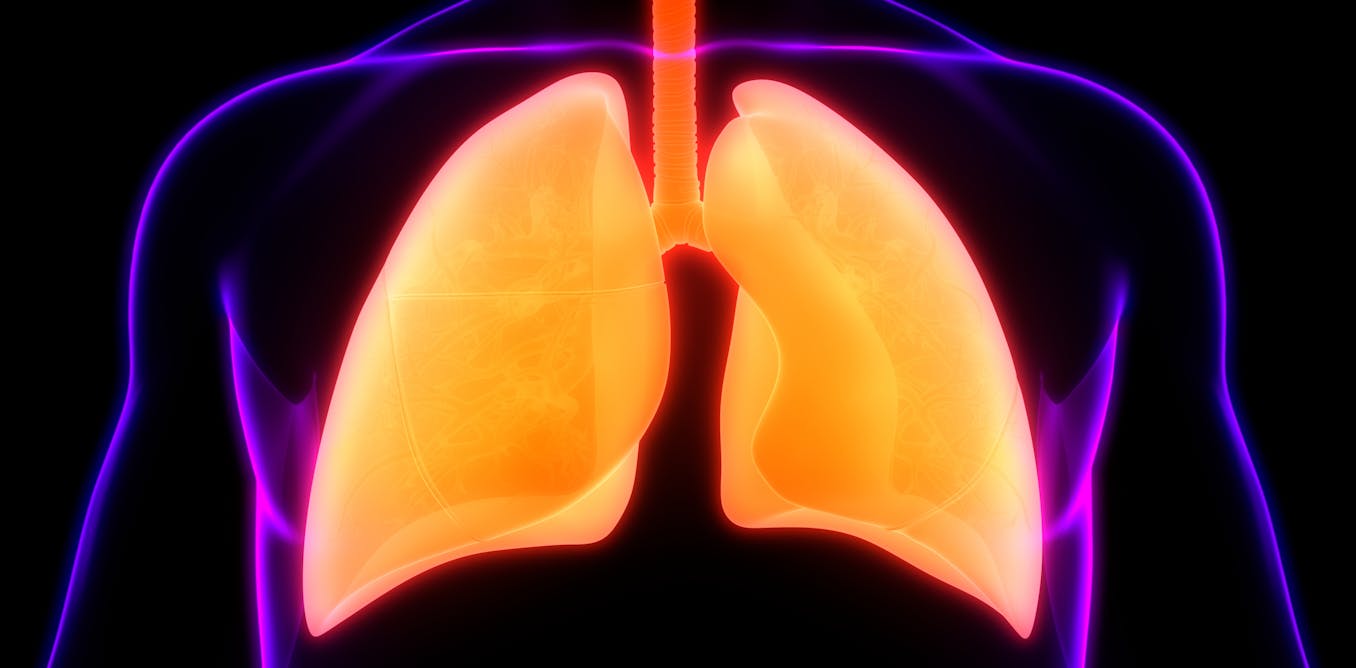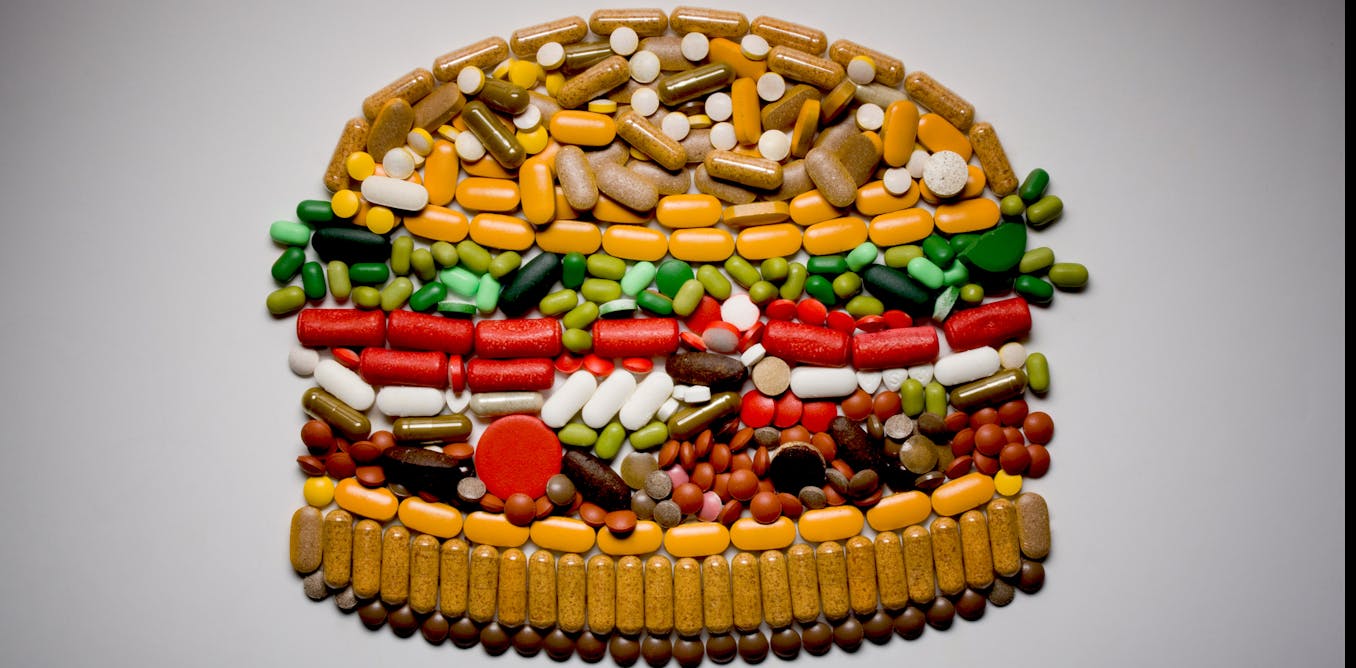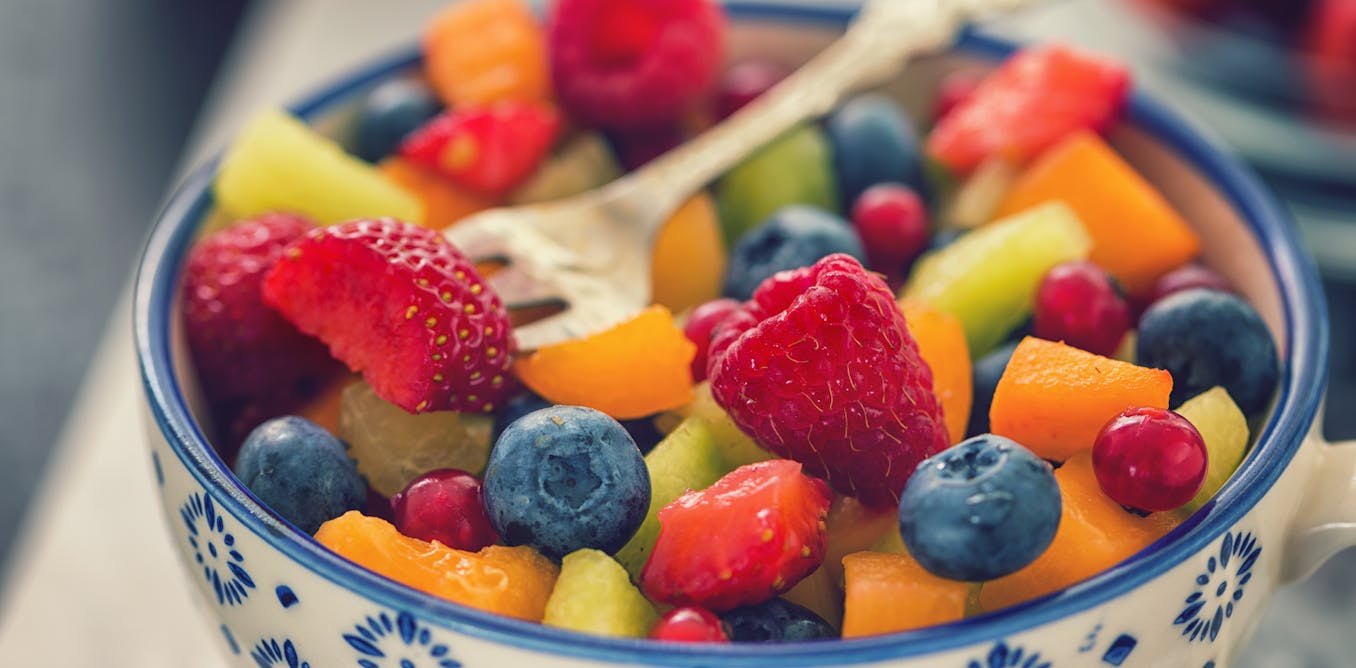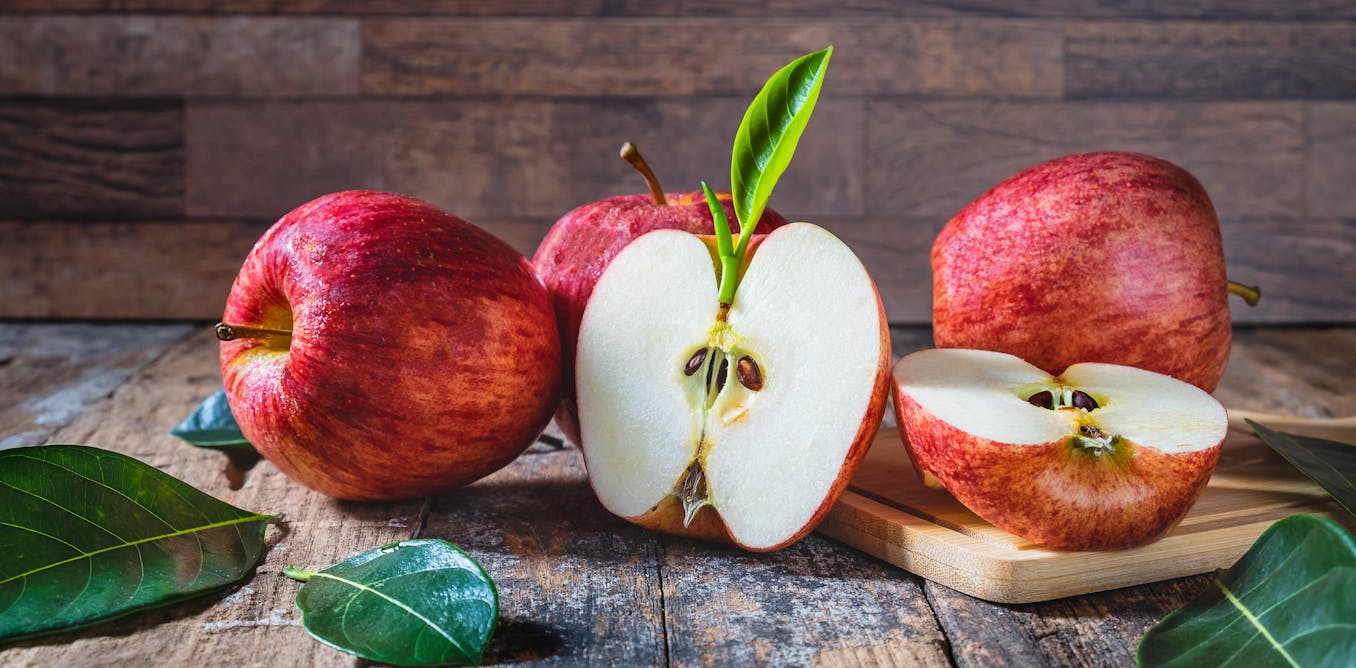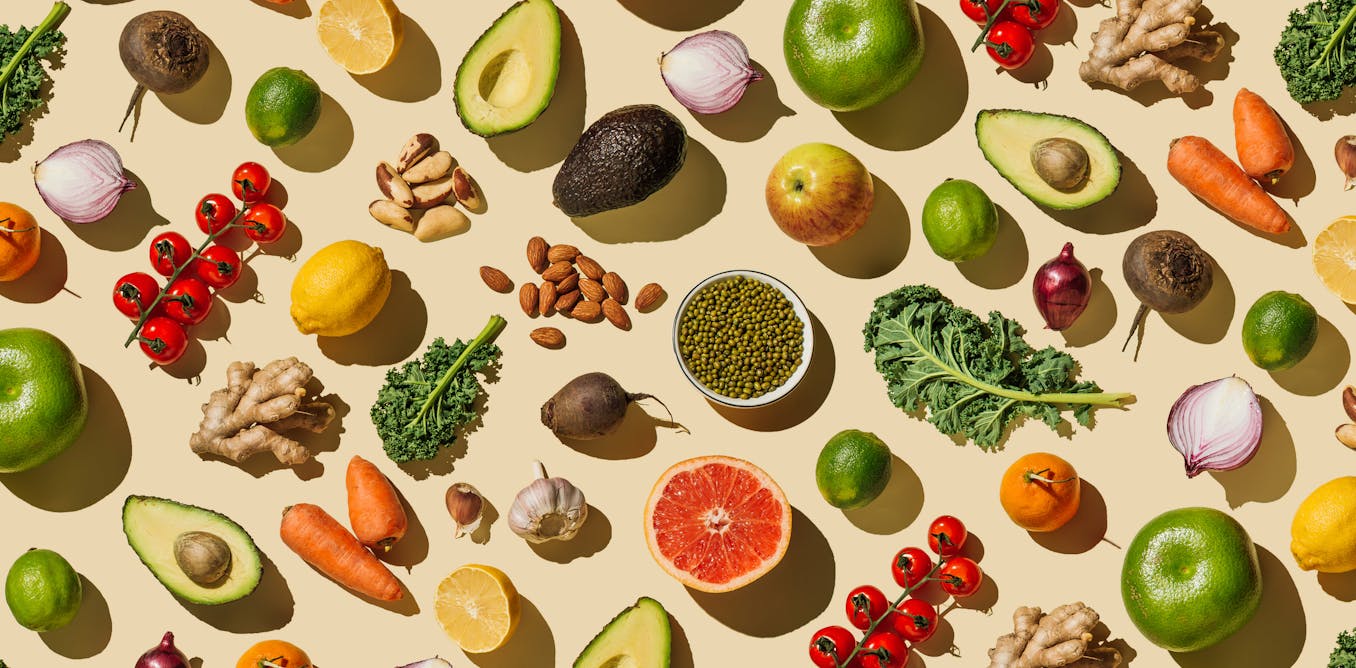Omega-3 fatty acids are linked to better lung health, particularly in patients with pulmonary fibrosis
Essential fats found in fish and nuts are tied to many protective health benefits. Researchers found they may also slow decline of lung function and prolong the lives of pulmonary fibrosis patients.
Feb. 27, 2024 • ~5 min

